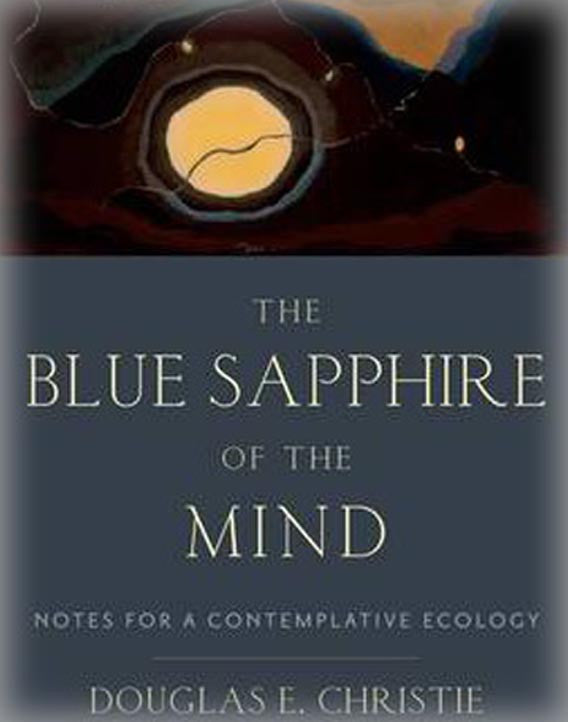Oxford University Press
Couldn't load pickup availability
Share
by Douglas E. Christie
The fourth-century writer Evagrius of Pontus likens the experience of contemplation to dwelling in a kind of place. “When the mind has put off the old self and shall put on the one born of grace,” says Evagrius, “then it will see its own state in the time of prayer resembling sapphire of the color of heaven. This state is called by scripture, the place of God.” This book believes that the ancient tradition of Christian contemplative thought and practice represented by Evagrius has a genuine contribution to make to the world of ecological thought and practice. At the same time, he says, the sense of “the whole” emerging from contemporary ecological discourse has the potential to deepen and expand the classic understanding of contemplative life and practice. One of the striking features of the present historical moment is a deep and pervasive hunger for a less fragmented way of apprehending the world. Attending to these two traditions of thought and practice together, this book argues, can help us recover such an integrated vision of the world. Additionally, there is a growing recognition in the culture at large, and in faith communities in particular, of the need for a response to the ecological crisis that expresses our deepest moral and spiritual values. Drawing on the insights of the early Christian monastics as well as the ecological writings of such figures as Henry David Thoreau, Aldo Leopold, Annie Dillard, and many others, this book forges a distinctively contemplative vision of ecological spirituality that could, the book contends, serve to ground the work of ecological restoration.




